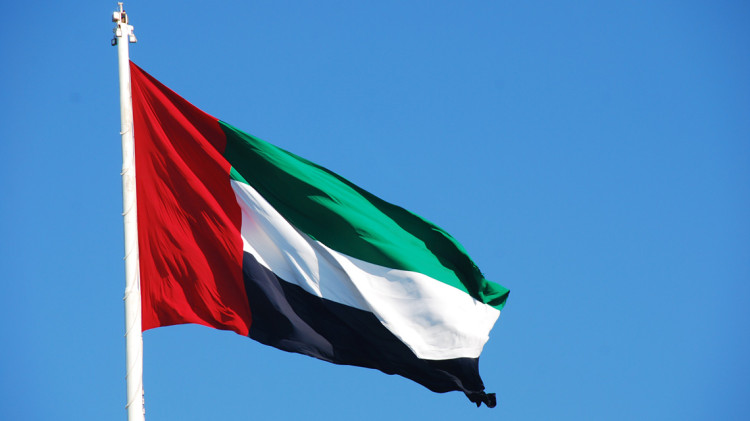An International Atomic Energy Agency (IAEA) team of experts has concluded a five-day follow-up mission to review the emergency preparedness and response framework for nuclear and radiological emergencies in the United Arab Emirates (UAE). The Emergency Preparedness Review (EPREV) was carried out at the request of the UAE Government.
The mission, which ended on 12 September, focused on assessing emergency preparedness and response (EPR) arrangements in the country in light of recommendations made in an initial EPREV mission in 2015. The UAE is building its first nuclear power plant with four 1400 MW pressurized water reactors at the Barakah site in the Emirate of Abu Dhabi.
In addition to meeting with counterparts in the capital Abu Dhabi, the team visited the Barakah nuclear power plant and emergency operations facilities and a hospital in the town of Ruwais, around 50 kilometres east of the plant.
David Nodwell, former Director of Emergency Management for Ontario, Canada, led the seven-person review team, which included experts from Morocco, the Netherlands, Portugal, the USA and the IAEA.
The mission found that most of the 2015 mission recommendations had been addressed and closed.
“The UAE has followed up on the recommendations from the initial EPREV mission and made significant improvements for preparedness and response to nuclear and radiological emergencies,” said Nodwell. “This follow-up mission will help them fine tune procedures as the country prepares to switch on its first nuclear power plant.”
The EPREV team identified several strengths in the UAE’s EPR framework, including:
- A strong commitment to nuclear emergency preparedness within all involved organisations, reflected in the number of training activities, drills and exercises conducted and in the incorporation of lessons learned into revised plans.
- The creation of a joint field team to efficiently conduct environmental, food, and individual monitoring and assessment during a nuclear emergency.
The team also made suggestions to further strengthen the EPR, including:
- The Government should finalize the draft Protection Strategy for Nuclear and Radiological Emergencies.
- The Government should complete efforts to standardize guidelines for terminating a nuclear emergency.
“The cooperation with the IAEA through the EPREV missions has been instrumental in supporting the UAE’s efforts to build its emergency preparedness and response system,” said Christer Viktorsson, Director General of the Federal Authority for Nuclear Regulation (FANR) of the UAE.
About EPREV Missions
EPREV missions are one of the peer reviews offered by the IAEA to strengthen nuclear safety in Member States. EPREV missions focus on the arrangements and capabilities to prepare for and respond to nuclear and radiological emergencies. EPREV missions are based on the IAEA safety standards in nuclear and radiological EPR.


